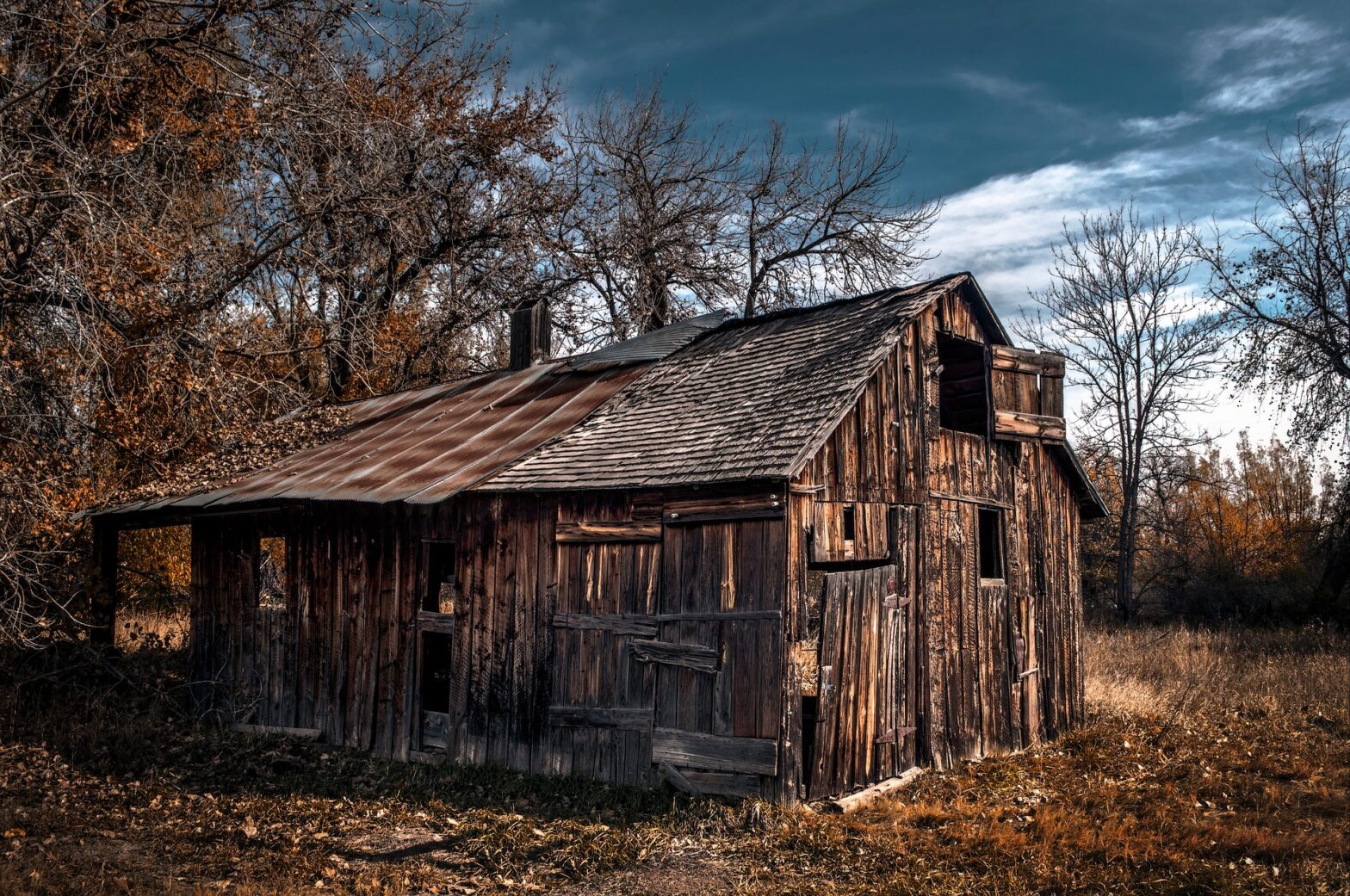What is the purpose of a homestead exemption in a Utah bankruptcy?
A homestead exemption is a legal provision that allows homeowners to protect a certain amount of equity in their primary residence from being seized by creditors in the event of bankruptcy. Bankruptcy homestead exemption laws vary by state, and the amount of protection offered can range from a few thousand dollars to unlimited protection.
In Utah the purpose of a homestead exemption is to provide individuals with a safety net, ensuring that they will not lose their primary residence if they fall into financial distress. This can be especially important for individuals who have experienced job loss, unexpected medical bills, or other financial hardships that make it difficult to keep up with mortgage payments.
Douglas Barrett Esq, in Life After Bankruptcy
How is a homestead exemption calculated?
In most states, the homestead exemption applies to the debtor’s primary residence, defined as the property where the debtor lives and intends to continue living. The exemption typically covers the equity in the property, which is the difference between the fair market value of the property and the outstanding mortgage debt.
For example, if a homeowner’s primary residence is worth $300,000 and they have a mortgage balance of $200,000, they have $100,000 in equity. If the state’s homestead exemption is $50,000, the homeowner can protect $50,000 of their equity, leaving $50,000 vulnerable to seizure by creditors.
What is Utah’s current homestead exemption?
You can find Utah’s homestead law in the Utah Code, specifically in Title 78B, Chapter 5, Part 5, which covers “Exemptions from Execution.” This part of the Utah Code includes sections that detail the homestead exemption, including the amount of the exemption, the requirements to qualify for the exemption, and the limitations and exceptions to the protection. You can access the Utah Code online at the Utah State Legislature’s website or through other legal databases. It may also be helpful to consult with a local attorney who can provide more specific guidance and advice regarding your individual circumstances.
What does a homestead exemption not protect?
It’s important to note that the homestead exemption does not provide absolute protection. If a homeowner has a significant amount of equity in their primary residence that exceeds the state’s homestead exemption, the excess equity can be seized by creditors. Additionally, if the homeowner has other assets that can be liquidated to pay off creditors, those assets may also be seized.
There are some exceptions to the homestead exemption. For example, if the homeowner has used their primary residence as collateral for a loan, such as a second mortgage or home equity line of credit, the lender may have a lien on the property, which can override the homestead exemption.
What about the federal homestead exemption?
In addition to the state homestead exemption, there is a federal homestead exemption available for individuals who file for bankruptcy under Chapter 7 or Chapter 13 and cannot for various reasons use the state homestead exemption laws. The federal exemption is currently $25,150, but it is adjusted periodically to account for inflation.
Conclusion:
In conclusion, the bankruptcy homestead exemption provides important protection for homeowners facing financial difficulties. By allowing individuals to protect a certain amount of equity in their primary residence, the homestead exemption can provide a safety net that allows individuals to rebuild their financial lives without the fear of losing their home. It’s important to understand the homestead exemption laws in your state and to consult with a Utah bankruptcy attorney if you are considering filing for bankruptcy.
